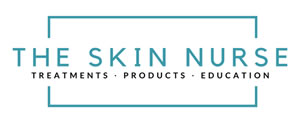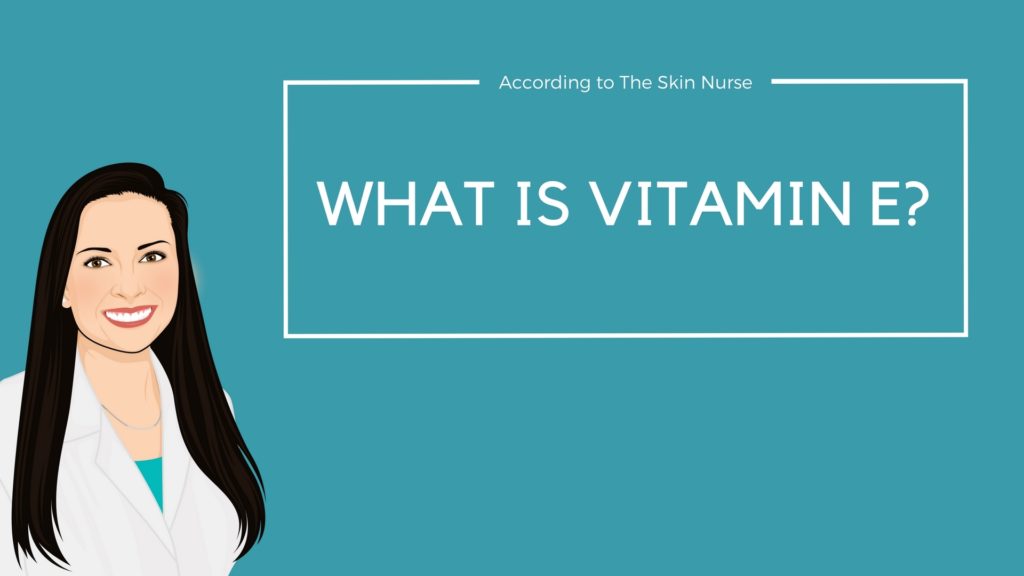We get our dietary intake of Vitamin E from:
Nuts and Seeds – Healthy fats
Some plant oils – Olive oil, soya and corn oil
Avocados
Wheatgerm – cereals and breads
It’s unlikely that you are deficient in Vitamin E if you eat some healthy fats in your diet and Vitamin E is not a supplement that healthcare professions routinely recommend taking for health benefits as there is little research to back up the benefits.
With regards to our skin, Vitamin E is thought of as being moisturising and is often used in skincare products to add a oily-moisture component. It’s also thought that Vitamin E protects the lining of our skin cells and acts as another type of antioxidant.
Vitamin E is also commonly hailed as a great source to help wound healing and to help soften and minimise scar tissue. I would not use Vitamin E on a wound that has not healed properly, however I would use it on a dry closed wound to lessen the visible effects of scar tissue. Plus I would massage Vitamin E into scars to try to soften them and breakdown the tough tissue.
The bottom line – I don’t believe we need to supplement our diets with Vitamin E oil internally, although it is safe to do so.
Externally (or topically) I do believe Vitamin E can be beneficial when used on new scars.
Warning: Many people come out in a rash after using Vitamin E topically on their skin so be careful when you use it – start off sparingly if your product is potent. Also, Vitamin E supplements can interact with some blood thinning medications so always consult your GP before you start supplementing your diet.
If you have any questions or comments, please do get in touch – I’d love to hear from you.
Best Wishes, TSN.
To learn more about all things skin related and how you can reach optimum skin health, sign up for my E-letter by click on the blue button.

